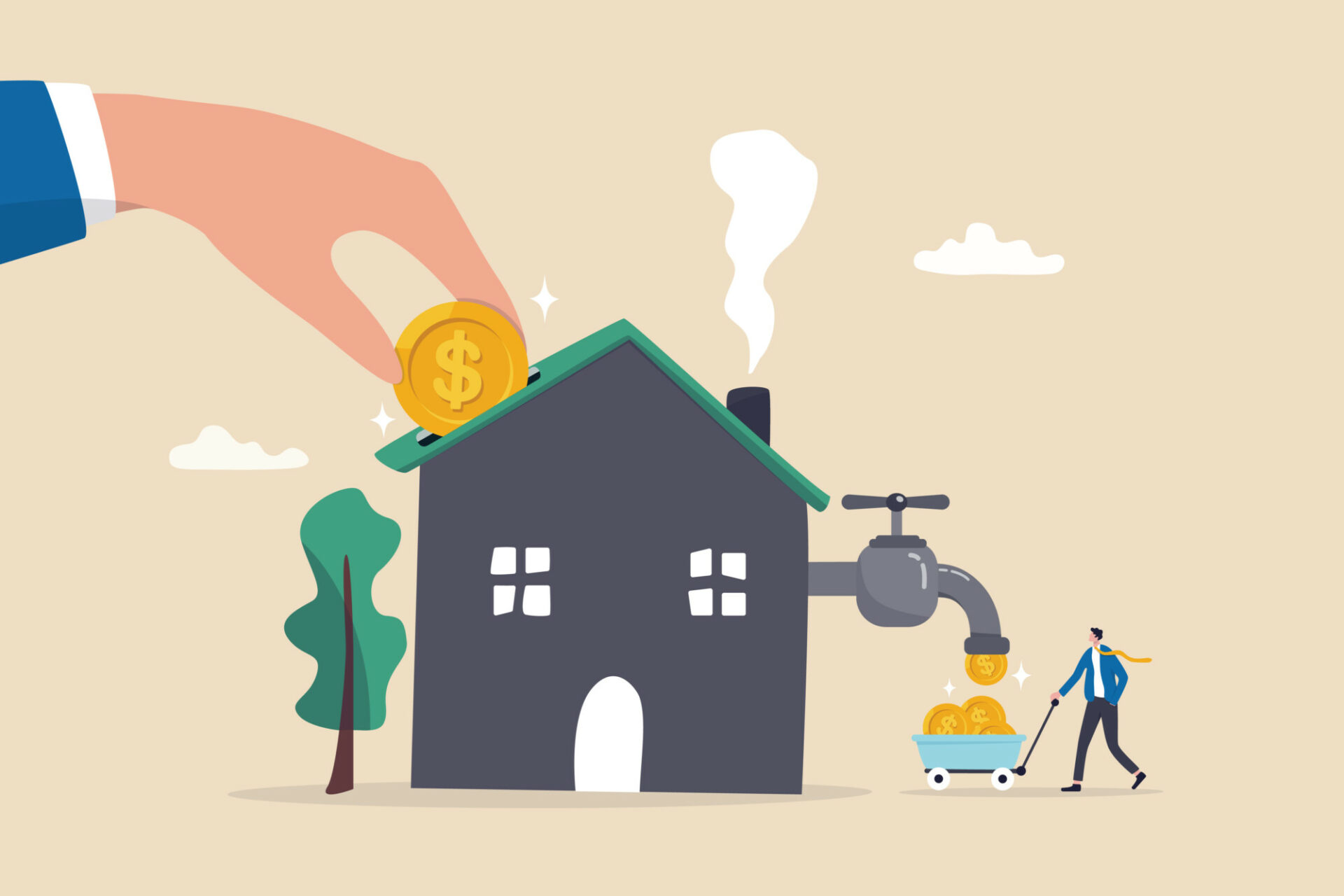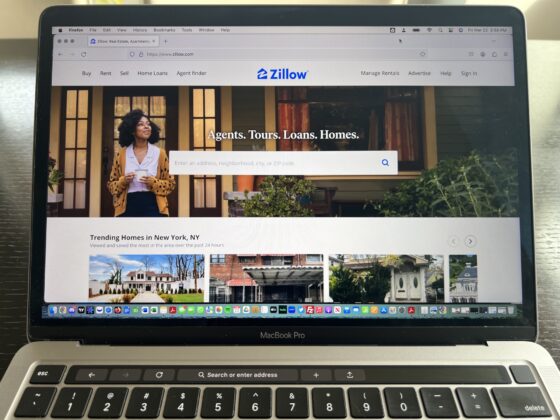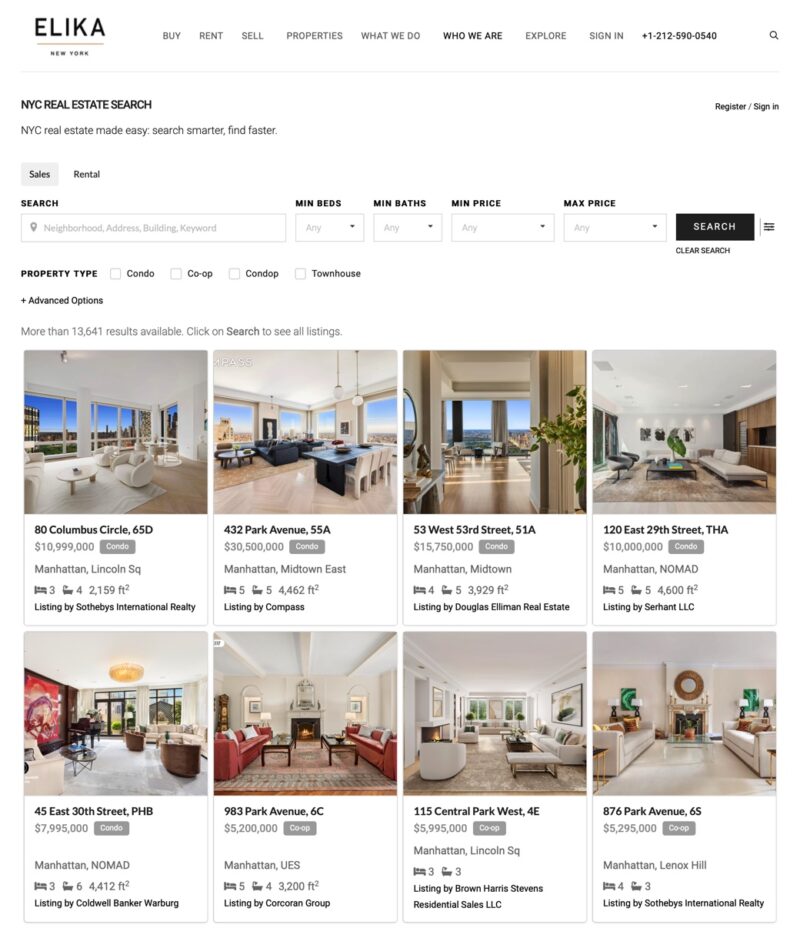Table of Contents Show
New York City, the city that never sleeps, has long been a hotbed for real estate investment. However, buying and selling property in the Big Apple can be daunting, especially considering the substantial closing costs. For potential homeowners and investors, the question arises: How long should one own a home in New York City before selling to make a profit that offsets these expenses? This comprehensive guide will delve into historical data, explore average percentage appreciation, and provide a detailed analysis of the ideal holding periods for maximizing profits in New York City’s real estate market.
Understanding Closing CostsUnderstanding Closing Costs
Before we explore the optimal holding periods for turning a profit in New York City’s real estate market, it’s crucial to grasp the concept of closing costs. Closing costs are the fees associated with buying and selling real estate, and they can significantly impact your overall profit margin. These expenses include real estate agent commissions, attorney fees, transfer taxes, title insurance, and administrative costs. In New York City, these costs are higher than in many other cities, so they play a pivotal role in your investment strategy.
Analyzing Historical Appreciation DataAnalyzing Historical Appreciation Data
To determine the optimal holding period for turning a profit in the New York City real estate market, we must examine historical trends in property appreciation and compare them to typical closing costs. Here, we provide a comprehensive analysis of average percentage appreciation over different holding periods:
Short-Term Ownership (1-5 Years):Short-Term Ownership (1-5 Years):
Historically, short-term property ownership in New York City has shown mixed results. The city’s real estate market can be volatile, with price fluctuations driven by various factors, including economic conditions, interest rates, and local developments. While some investors may have enjoyed substantial gains within a few years of purchase during market upswings, others have faced losses when selling too soon, especially when factoring in closing costs. On average, short-term appreciation ranges from 2% to 5% annually, but it can be higher during hot market cycles.
Medium-Term Ownership (5-10 Years):Medium-Term Ownership (5-10 Years):
A medium-term holding period of 5 to 10 years often provides a more stable investment. Historically, property values in New York City have generally appreciated over this timeframe, allowing homeowners to cover their closing costs and generate a modest profit. Additionally, owning a property for this duration may provide tax benefits, such as capital gains exclusions. The average percentage appreciation over this period typically ranges from 5% to 7% annually.
Long-Term ownership (10+ Years):Long-Term ownership (10+ Years):
For those with a long-term investment horizon, owning a property in New York City for 10 years or more yields the most reliable returns. Over extended periods, the real estate market has shown resilience, recovering from downturns and continuing to appreciate. With price appreciation and the potential to minimize closing costs by spreading them over time, long-term ownership can result in substantial profits. Historical data indicates that long-term property appreciation can range from 7% to 10% annually or even higher during specific periods.
Key ConsiderationsKey Considerations
While historical data provides valuable insights, individual circumstances and market conditions vary. Therefore, the decision to sell a New York City property should be made carefully, considering the following factors:
- Market Timing: Keep a close eye on market trends and economic conditions, as they can influence the ideal time to sell. Understanding the current market sentiment and predicting future trends is crucial for maximizing profits.
- Personal Financial Goals: Assess whether your financial objectives involve short-term gains or long-term wealth accumulation. Consider how selling your property aligns with your broader financial strategy.
- Closing Costs Mitigation: Explore strategies to reduce closing costs when buying or selling. Negotiating with real estate agents, leveraging tax advantages, or even timing your purchase to minimize certain costs can help maximize your profits.
- Rental Income: Consider renting out your property if immediate profit isn’t feasible or the market conditions aren’t favorable for selling. This can generate income while waiting for the market to improve, potentially making a sale more profitable.
The Impact of Market Trends on Optimal Holding PeriodsThe Impact of Market Trends on Optimal Holding Periods
The New York City real estate market is known for its dynamism, influenced by global economic factors and local developments. The impact of market trends on the optimal holding period for property ownership cannot be overstated. Let’s explore how different market conditions can affect the ideal timing for selling your New York City property:
- Seller’s Market: Short-term ownership can be lucrative in a seller’s market, where demand for properties outweighs supply. Prices tend to rise rapidly, and properties often sell quickly, allowing homeowners to turn a profit even within a few years. However, it’s essential to remember that closing costs can still significantly affect your profits.
- Buyer’s Market: In contrast, during a buyer’s market, where properties and buyers are abundant and have more negotiating power, a more extended holding period may be necessary to realize a substantial profit. Property values may appreciate more slowly, requiring a medium to long-term ownership strategy to offset closing costs and generate a significant gain.
- Market Cycles: Real estate market cycles, influenced by economic cycles, interest rates, and external events (such as the COVID-19 pandemic), can also impact your decision. Being aware of the current market cycle and understanding whether you are in a growth or correction phase can help you make informed choices about when to buy and when to sell.
Tax Contemplations and Long-Term OwnershipTax Contemplations and Long-Term Ownership
Tax considerations become increasingly important for those contemplating long-term ownership to maximize profits in New York City’s real estate market. The U.S. tax code provides several advantages for homeowners who hold their properties for extended periods:
- Capital Gains Exclusions: Under the tax code, homeowners may be eligible for capital gains exclusions when they sell their primary residence. If you’ve lived in your New York City property for at least two of the last five years before selling, you can exclude up to $250,000 of profit (or up to $500,000 for married couples) from capital gains taxes. This can significantly enhance your overall profit margin when selling.
- Depreciation Deductions: If you’ve been renting out your property during your ownership period, you may have been able to take depreciation deductions on your tax returns. This can reduce your taxable income and provide additional benefits during your ownership.
- 1031 Exchange: For real estate investors, the 1031 exchange allows you to defer capital gains taxes by reinvesting the proceeds from selling one property into another. While this doesn’t eliminate taxes, it can be a powerful tool for preserving and growing your real estate wealth over the long term.
Final ThoughtsFinal Thoughts
Navigating the New York City real estate market to maximize profits requires a comprehensive understanding of historical data, appreciation trends, and the impact of closing costs. While historical data suggests that a medium to long-term ownership approach (5-10 years or more) generally provides a better chance of covering closing costs and realizing a profit, it’s essential to consider individual circumstances, current market conditions, and personal financial goals.
Closely watch appreciation trends and consider consulting with real estate professionals for the most up-to-date insights and guidance. Ultimately, deciding how long to own a property before selling in New York City should align with your unique financial objectives, risk tolerance, and market outlook. With careful planning and informed decision-making, you can navigate the complexities of the New York City real estate market to achieve your real estate investment goals.








